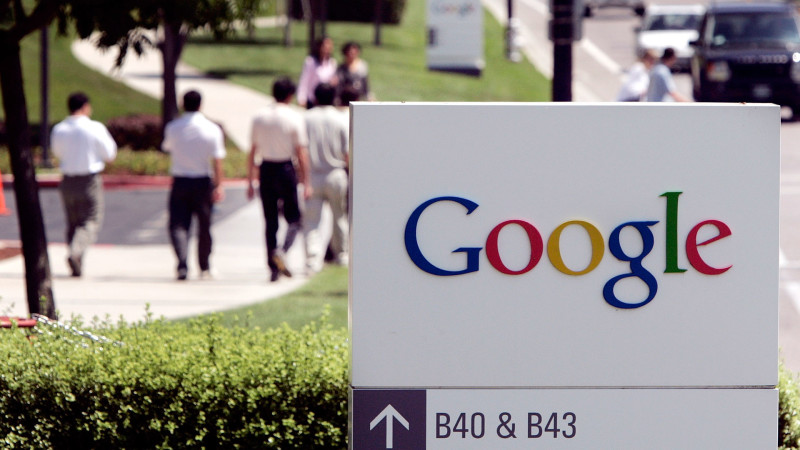Google’s refusal to honor U.S. citizens’ requests to remove content they’d rather have hidden is “unfair and deceptive” since the company professes to be concerned about privacy, an advocacy organization charged in a formal complaint filed July 7 with the Federal Trade Commission.
According to Consumer Watchdog, the so-called right to be forgotten is already a “basic privacy tool” afforded to citizens of the European Union. Google created a system for reviewing requests to remove content from search results after a 2014 European Court of Justice ruling determined that individuals have a right to ask for content associated with their names to be removed if it’s “inadequate, irrelevant … or excessive.”
John Simpson, privacy project director at Consumer Watchdog, argued in the FTC complaint that Google’s refusal to implement a similar program in the U.S. should be considered a violation of the Federal Trade Commission Act.
“The Internet giant aggressively and repeatedly holds itself out to users as being deeply committed to privacy,” Simpson wrote. “Without a doubt requesting the removal of a search engine link from one’s name to irrelevant data under the right to be forgotten (or right to relevancy) is an important privacy option. Describing yourself as championing users’ privacy and not offering a key privacy tool — indeed one offered all across Europe — is deceptive behavior.”
Consumer Watchdog offered a series of examples for why such a policy ought to be followed in the U.S. One cited a case from 2006 in which a young woman from Southern California was decapitated in an auto collision after driving her father’s sports car. Authorities didn’t allow the family to see her disfigured body after the accident, but California Highway Patrol officers leaked graphic photos of the accident scene to friends for pure shock value. The pictures began circulating on the Internet, prompting members of her family to eliminate all online activity from their lives. In 2012, they received about $2.37 million in a settlement with CHP.

